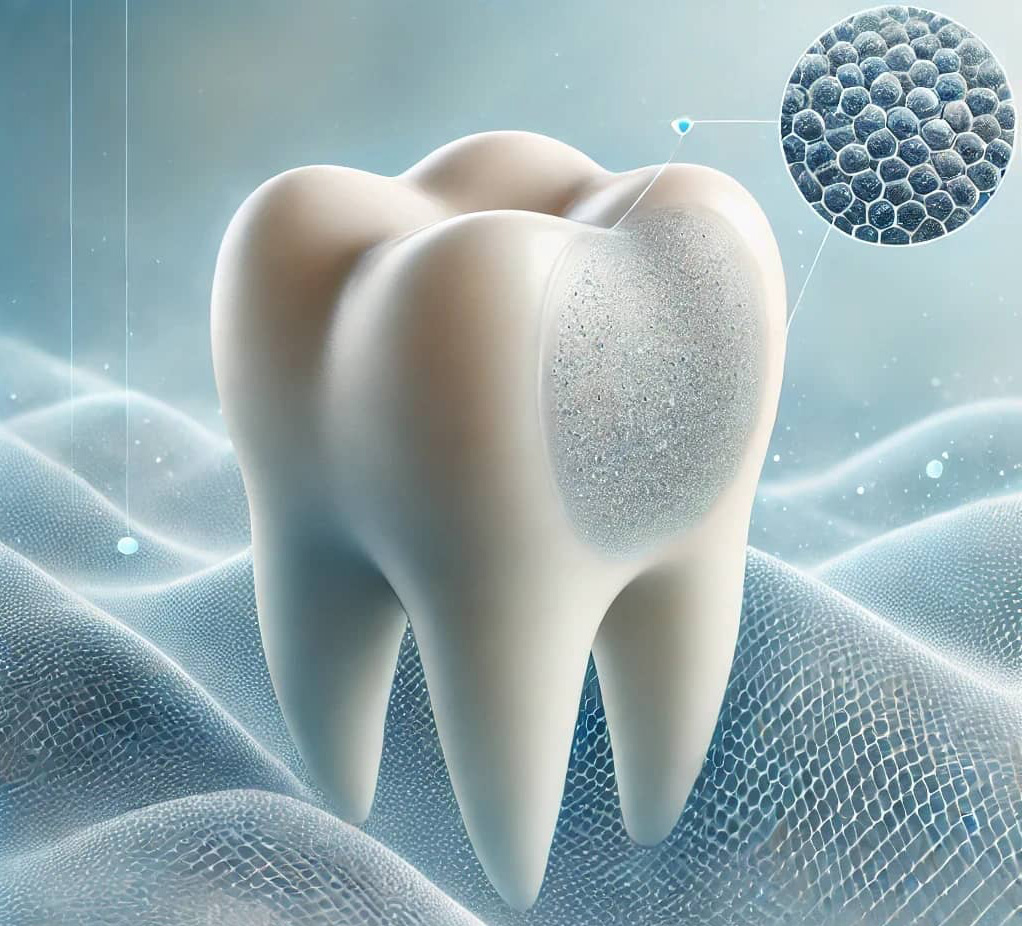
Tooth sensitivity is a widespread issue that even experienced dentists find hard to treat permanently. When the enamel wears down due to acids, like those formed by the breakdown of sugar in saliva, it exposes the tooth’s inner layers. This demineralization process makes nerves vulnerable, leading to pain with hot, cold, or acidic foods. Current treatments only offer temporary relief, without addressing the root cause.
A research team at the University of Washington, led by restorative dentistry expert Sami Dogan, has developed a new solution designed to rebuild lost tooth minerals naturally. The innovative approach mimics the biological process of tooth development to form durable mineral layers that protect the teeth from future sensitivity.
At the core of this technology is a peptide known as sADP5, derived from the larger protein amelogenin, which plays a vital role in tooth formation. The peptide binds calcium and phosphate ions—key elements in tooth mineral—and builds new mineral microlayers that close the pathways to the nerves, reducing sensitivity significantly.
The peptide can be infused into various dental products, from lozenges to mouthwashes, gels, and even whitening toothpaste. In initial trials, participants used a lozenge infused with this peptide, which successfully rebuilt mineral layers, providing lasting relief from sensitivity. Researchers believe this approach could make dental care easier and more effective for millions of people.
This breakthrough is a hopeful solution for millions who suffer from tooth sensitivity, potentially offering them a permanent fix rather than just a temporary remedy. By addressing the underlying mineral loss in teeth, this technology promises a new era in dental care focused on prevention and natural regeneration.
